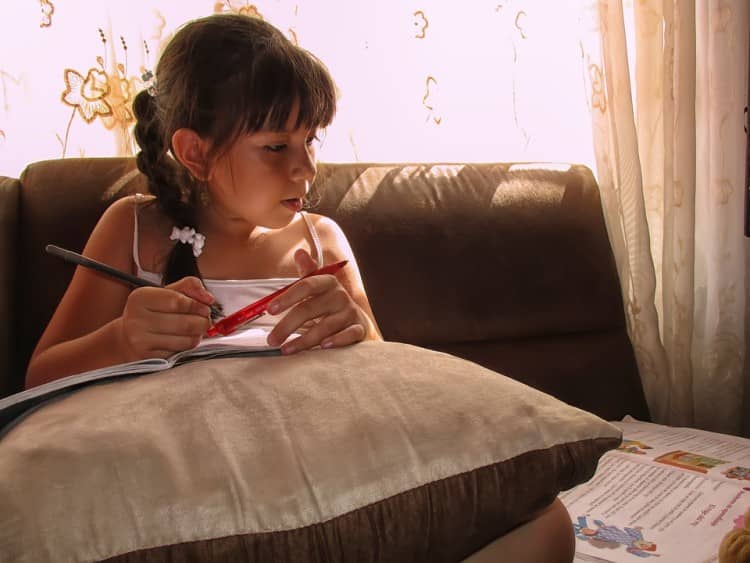
Having a child is the greatest responsibility a person can have – watching them grow means trying to do everything in your power to prevent them from doing something you know is going to hurt them. But do we really? Do we really know what’s best for them? Are we certain that the direction we’re pushing our children in is perfect for them? The answer is pretty complicated, and understanding it can help us fulfill our duty as parents the best way possible.
Risk is not inherently bad
We are overprotective of our children. That is the fact. The problem here is not that some parents don’t recognize their overprotective ways; it lays in the fact that the parents who are well aware of their excessive worry think that this is perfectly normal. I’m here to tell you that it really isn’t. Do let your children play in the sand; do let them eat sand – it’s not as if they’re going to develop a taste for it. This lesson can be translated into your child’s later age – let them get an Fat school, allow them to hang out with a friend who’s a bad influence – this is not bad parenting! Mouth full of sand will help your toddler learn about what’s food and what isn’t quicker, an F at an early age can naturally shame them into studying and a friend who you think is bad for your kid might grow into a worthy ally later in life. Worst case scenario: your child will learn how to distinguish good people from the bad ones.
Risk, therefore, is a good thing in some circumstances, as long as you properly monitor your child, of course.
Your child isn’t your younger self
Watching our children grow up, we tend to see ourselves in them and that’s only natural. Unfortunately, this isn’t always a good thing, despite the fact that it can be used to everyone’s benefit. You should direct your child towards learning about their own self – there is a difference between ‘hearing’ and ‘feeling’ them. If your child is passionate about playing, say, drums, the fact that you don’t like the idea of your child becoming a musician should in no way deter you from getting them a drum set. On the other hand, if you always wanted to learn how to play an instrument, you shouldn’t force your child to take up guitar or piano lessons.
It is crucial that you realize that your kid isn’t your second chance – trying to fix your own mistakes through your child can seriously affect their future life, emotions- and career-wise.
You have to push
Having said all of that, here’s a contradiction for you: you’re going to have to push your children into doing stuff. A child that intuitively knows exactly what they want to become is a huge rarity. In general, you’re going to have to make sure that your kids try out new stuff, until they’ve found a perfect fit. Of course, you need to have a ‘feel’ for it too: for example, if your kid doesn’t develop interest in basketball after being pushed into playing for more than a couple of practice sessions, it is time to try something new – your kid might hate the idea of not sitting on the couch at home, playing video games, but they might actually end up growing to love the new sports activity you’ve pushed them into.
You should continue motivating them as they grow older. If you think that they’d make a fantastic doctor, for instance, you should try and spark their interest. For example, progressive tests such as Undergraduate Medicine Admissions Test offer a unique opportunity to help you determine if your child is among the most qualified for these fields. Once your child knows whether they’re qualified for medicine, they can make their own decision.
One of the biggest challenges with having children is trying not to destroy their dreams. Feel free to take a risk every once in a while, keep in mind that your kid isn’t a smaller version of yourself, but make sure that you understand that you will have to give them an occasional push! Follow these guidelines and stop murdering your children’s dreams!
